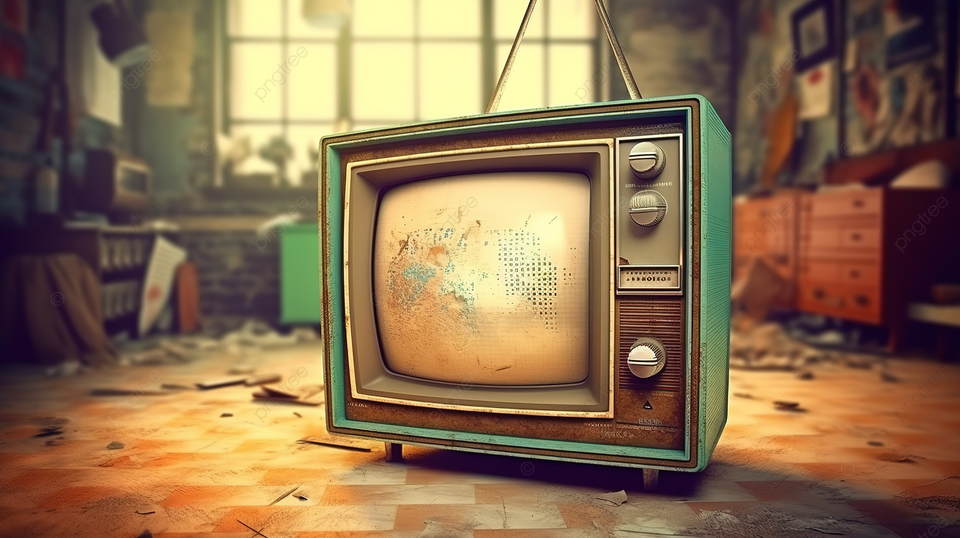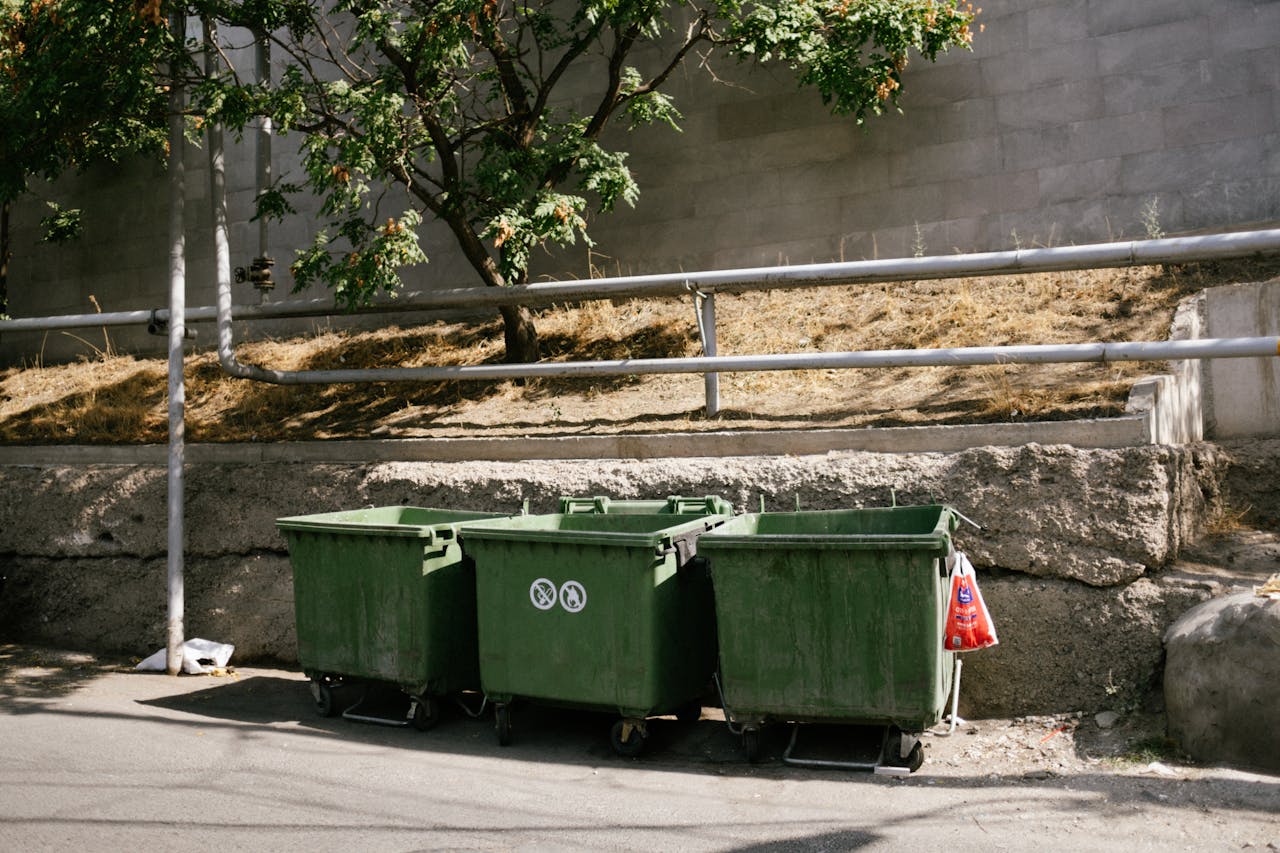Getting rid of old electronics can be challenging, especially with bulky items like televisions. Many people assume the easiest option is to toss the TV into a dumpster and be done with it.
However, before you head to your local dumpster with an old TV in hand, it’s important to understand that there are legal, environmental, and health-related concerns that make this option far from ideal. Most places have strict regulations against disposing of TVs in dumpsters.
Here’s everything you need to know about getting rid of an old TV, why tossing it in a dumpster isn’t the best move, and what better options you have instead.
Can you throw away a TV in a Dumpster?
No, you should not throw a TV into a dumpster. TVs contain hazardous materials, such as lead and mercury, which can harm the environment. Instead, use recycling centers or e-waste collection programs.
Key Takeaways:
- Avoid Dumpster Disposal: TVs contain hazardous materials and should not be thrown in a dumpster.
- Use Recycling Centers: Properly recycle your TV at designated electronic recycling centers.
- Check Local Laws: Many places have strict regulations for disposing of e-waste like TVs.
- Consider Donation: If the TV is still functional, donate it to a charity or sell it online.
Why You Can’t Throw a TV in a Dumpster

The short answer is no—you can’t just throw a TV in a dumpster. Televisions are considered e-waste, or electronic waste, which contains hazardous materials like lead, mercury, and cadmium.
Throwing electronics like TVs in the dumpster can lead to significant environmental harm, and in many areas, it’s illegal to dispose of them this way or even in any dumpster you are going to rent. Apart from TV, If you have any other items, you can use our dumpster rental in Island Park, Garden City, Lynbrook, and many other places.
Even though the dumpster seems like the most convenient option, e-waste disposal regulations are in place to prevent hazardous chemicals from leaching into the soil and groundwater.
The toxic substances found in TVs can cause pollution that harms both human health and the environment.
If you have other electronic items like a microwave I have recently discussed how to recycle a microwave the right way.
Why is E-Waste Harmful?
Electronics, especially older models, contain a variety of toxic materials.
For instance, cathode ray tube (CRT) TVs, which were widely used before flat-screen models became popular, contain large amounts of lead in the glass.
Flat-screen TVs, including LCDs and plasmas, can contain mercury and other hazardous substances.
When these materials end up in landfills, they can break down and release harmful toxins into the ground and water supply.
Even in small amounts, these chemicals can cause significant harm.
For example:
- Lead: Found in older TVs, lead can contaminate drinking water and is harmful to human health, potentially causing developmental issues and cognitive impairments.
- Mercury: Found in flat-screen TVs, mercury exposure can lead to neurological damage and is particularly harmful to pregnant women and children.
- Cadmium: Used in some components of TVs, cadmium is a known carcinogen and poses long-term environmental risks if not properly handled.
Given these risks, it’s crucial to avoid putting TVs and other e-waste into dumpsters.
What Are the Environmental and Legal Consequences?

Most places have laws that regulate the disposal of electronic waste. In many areas, it’s illegal to throw a TV in a dumpster or with regular household trash.
Violators can face fines and penalties for improper disposal.
Moreover, the environmental consequences are dire. When e-waste sits in landfills, it can leach toxic chemicals into the surrounding environment.
These chemicals don’t just stay contained in the landfill—they can make their way into local waterways and ecosystems, causing harm to wildlife and even potentially entering the food chain.
Because of these risks, many states and municipalities have established e-waste recycling programs to ensure that items like TVs are properly disposed of, recycled, or reused in an environmentally responsible way.
What Should You Do with an Old TV?
Fortunately, there are several environmentally friendly and legal ways to get rid of an old TV.
Here are the best options:
1. Recycling Centers
Many cities and towns have specialized electronic recycling centers where you can drop off your old TV.
These centers safely dismantle electronics and dispose of harmful components, ensuring that they don’t harm the environment.
Recycling is one of the best ways to handle e-waste because it ensures that valuable materials like glass, metals, and plastics are reused instead of wasted.
2. E-Waste Collection Events

Another great option is to look out for e-waste collection events. Many communities organize these events to collect old electronics, including TVs, computers, and other devices.
You can bring your TV to one of these events, where professionals will handle the proper disposal of your e-waste.
3. Manufacturer Take-Back Programs
Some TV manufacturers have take-back or recycling programs where they’ll accept your old TV and ensure it’s properly recycled.
These programs vary by manufacturer, so check with the company that made your TV to see if they offer such a service.
4. Donate or Sell
If your TV is still functional, consider donating it. Many local charities, shelters, or schools may accept working TVs. Donation not only helps others in need but also keep the TV from becoming e-waste.
You can even donate to people who are doing dumpster diving. If you live in Wisconsin, you can read my post here to know whether dumpster diving is legal in this state.
Alternatively, you can sell the TV online if it’s still in good condition. Websites like Craigslist, Facebook Marketplace, or local buy-and-sell groups are great platforms to find someone interested in purchasing it.
Legal Regulations Around TV Disposal
As mentioned earlier, many states and cities have laws that make it illegal to dispose of electronic waste in dumpsters or with regular trash.
For example, in California, residents must take e-waste, including TVs, to approved recycling centers.
States like New York and Massachusetts also have similar restrictions.
Failing to comply with these regulations could result in hefty fines. Some municipalities even have laws that hold companies responsible for improper e-waste disposal.
It’s crucial to familiarize yourself with your local e-waste disposal laws to avoid any penalties.
How to Safely Transport Your TV for Disposal
When transporting a TV for recycling or donation, you’ll want to make sure it’s handled safely. If you’re recycling an older CRT TV, these can be quite heavy, so be sure to get help when lifting or moving the TV to prevent injury.
For flat-screen TVs, make sure you properly package them to avoid damage during transport, especially if you’re donating or selling the TV.
FAQs:
1. Can you throw a TV in a dumpster?
No, it is illegal and harmful to throw a TV in a dumpster due to the hazardous materials found in electronics like lead and mercury.
2. What is the best way to dispose of a TV?
The best way to dispose of a TV is to take it to an electronic recycling center or participate in local e-waste collection events to ensure proper handling.
3. Can you donate an old TV?
Yes, if your TV is still in working condition, donating it to local charities, shelters, or schools is a great alternative to disposal.
Conclusion
Throwing a TV in the dumpster is not just harmful to the environment but is often illegal. TVs contain hazardous materials that need to be disposed of properly through recycling or designated e-waste collection programs. Choosing a responsible disposal method helps protect the planet and keeps you from facing fines.


